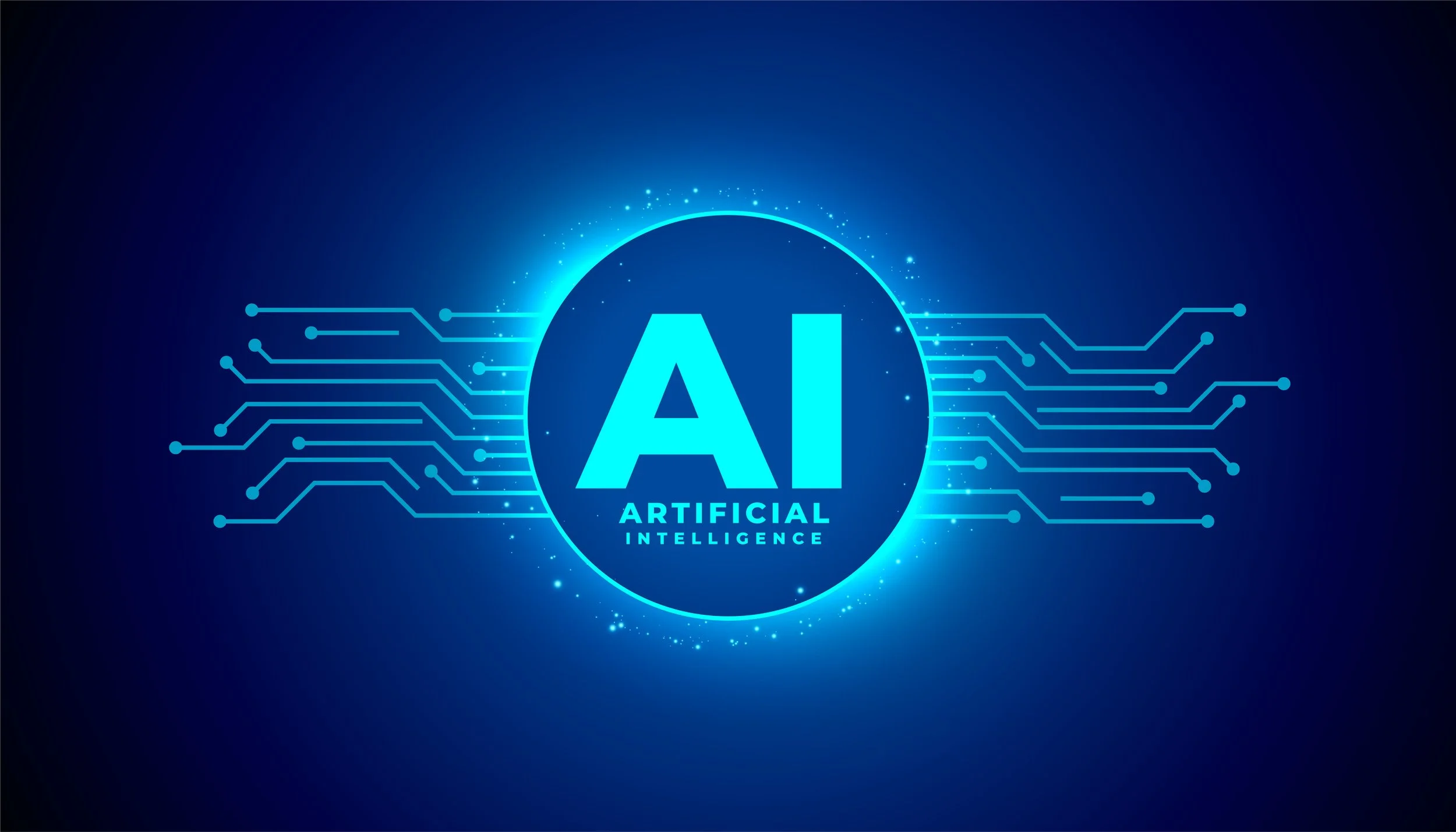February, 11th Presentation - Key Takeaways
Reactive to Proactive
Thank you for attending the February 11h How AI Can Help Businesses Move from Reactive to Proactive. We hope that you found it a insightful, educational and valuable.
Below you will find all the major key takeaways from the presentation that will help support you on your journey to greater sales using AI.
If you have any additional questions about the information presented or if would like assistance in creating AI models for your sales team please reach out, we would be delighted to support you.
Contact Us: sales@theextra20.com
Principles for Responsible, Safe AI practices
Security
Ensure data privacy and security in AI implementations. Look at AI risk assessments to identify potential security gaps
AI Bias
Avoiding bias in AI algorithms through governance. Create checks for prompts and monitor outputs.
Ethical Considerations
Adopting best practices for ethical AI use. Educate teams on responsible AI practices and compliance requirements.
Guiding AI Governance Conversations
Accountability & Oversight – Clearly define roles and responsibilities for AI decision-making and risk management.
Data Privacy & Security – Establish protocols to protect sensitive data and ensure compliance with regulations.
Bias & Fairness Mitigation – Implement strategies to detect and reduce biases in AI models to ensure fairness.
Transparency & Explainability – Ensure AI processes and decision-making are understandable to stakeholders.
Compliance & Ethical Standards – Align AI initiatives with industry regulations and ethical best practices.
By embedding these principles into AI strategy discussions, businesses can adopt AI responsibly while maintaining trust and compliance.
Prioritizing High-Impact AI Projects
Successfully integrating AI into your business starts with selecting the right projects that offer the greatest return with the least complexity. Key elements of prioritizing high-impact AI projects include:
Identifying Quick Wins – Start with projects that solve immediate pain points and deliver fast results with minimal effort.
Assessing Business Value – Focus on initiatives that drive revenue, improve efficiency or enhance customer experience.
Evaluating Feasibility – Consider data availability, system compatibility, and resource requirements before committing.
Balancing Complexity & ROI – Prioritize projects that provide maximum value while being manageable to implement.
Creating a Scalable Roadmap – Develop a phased approach allowing incremental AI adoption without disrupting operations.
By applying these principles, organizations can strategically implement AI in ways that deliver measurable impact and long-term success.
Aligning AI Adoption with Organizational Strategy
Aligning AI Adoption with Organizational Strategy
To maximize the value of AI, businesses must ensure that their AI initiatives align with broader organizational goals. Key considerations for effective AI alignment include:
Linking AI to Business Objectives – Ensure AI projects directly contribute to strategic priorities such as revenue growth, efficiency, or customer experience.
Defining Clear KPIs – Establish measurable success criteria to track AI’s impact and make data-driven decisions.
Ensuring Cross-Departmental Collaboration – Engage stakeholders from different teams to drive AI adoption and ensure smooth integration.
Scaling AI Initiatives Sustainably – Start with pilot projects and gradually expand AI use across the organization.
Fostering an AI-Ready Culture – Encourage innovation and upskill employees to work effectively with AI-driven solutions.
By embedding AI within the company’s strategic framework, organizations can drive meaningful transformation while maintaining operational focus and long-term success.
Key Takeaways
1.Build a Secure Foundation for AI:
Implement robust governance practices to ensure data privacy, security, and compliance.
2.Guide AI Governance Conversations Effectively:
Involve cross-departmental stakeholders and establish clear accountability for AI initiatives.
3.Prioritize AI Projects for Impact:
Focus on high-ROI, low-complexity projects first to achieve quick wins and build momentum.
4.Align AI Adoption with Strategy:
Ensure all AI initiatives are connected to organizational goals and measurable KPIs.
5.Adopt a Framework for Implementation:
Develop a clear roadmap to scale AI projects systematically across the organization.
6.Embrace Ethical and Responsible AI Use:
Avoid algorithmic bias and adopt practices that foster trust and transparency.
7.Measure Success Continuously:
Use key performance indicators (KPIs) to track the value and impact of AI projects.
8.Create a Culture of Innovation:
Encourage organizational buy-in and foster a mindset that embraces AI-driven transformation.




